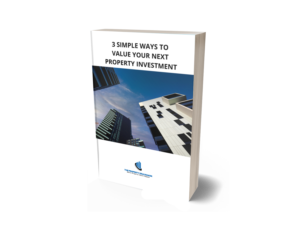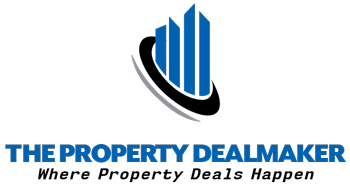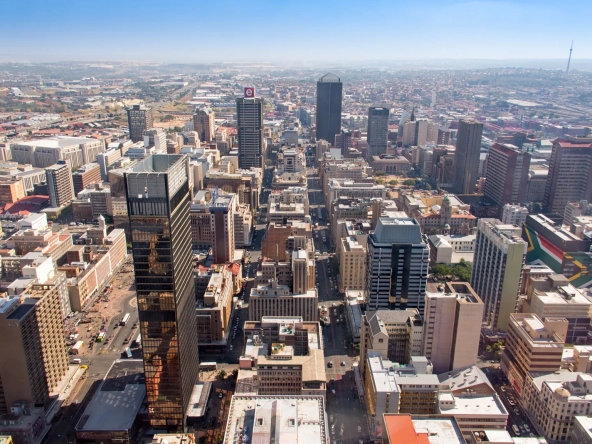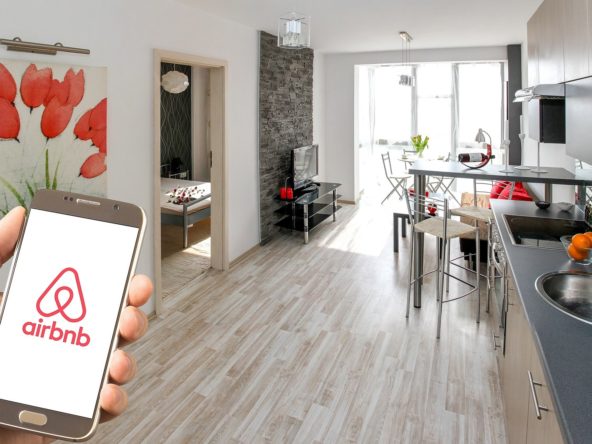Thinking about investing in commercial property?
Many property investors who have invested in only residential property before are often shocked when they try to get into commercial property.
For one, securing the capital to acquire your dream commercial property often requires financing from a bank’s commercial property division.
While the potential rewards are significant, the loan application process can be complicated for the inexperienced.
Understanding the various costs involved, from interest rates to administration fees, is crucial for making informed financial decisions.
This article provides a comprehensive breakdown of the key financing costs associated with securing commercial property loans , empowering you to approach the process with confidence.

Loan-Related Finance Costs: The Foundation of Your Repayment Plan
Obtaining a commercial property loan hinges on several loan-related costs that directly affect your total repayment amount.
Here’s a breakdown of the important factors to consider:
-
Interest Rate: This is the core cost you’ll pay for borrowing the money. It’s typically calculated as a combination of the South African Reserve Bank’s Repo Rate and a bank-specific markup. A higher markup translates to a higher overall interest rate and, consequently, larger repayments.
-
Loan-to-Value Ratio (LTV): This ratio represents the loan amount as a percentage of the property’s value. Banks perceive higher LTVs (meaning a larger loan relative to the property value) as riskier. To compensate for this perceived risk, they often charge higher interest rates for loans with higher LTVs.
-
Bond Registration Fees: When the bank grants your loan, they register a bond against the property title. This essentially gives them a legal claim on the property until the loan is fully repaid. The bank’s attorney charges bond registration fees, which typically operate on a sliding scale based on the loan value – the higher the loan amount, the higher the registration fee.
Valuations: Banks often require a professional valuation of the property to determine its market value. This valuation serves as a benchmark for the loan amount they’re willing to offer. While the bank might have preferred valuers, you may be able to obtain quotes from independent valuers to ensure an accurate assessment.
Note however that if you use a valuer it’s important to see to it that the valuer is on the panel of the bank you plan on using for finance.
Otherwise you could end up paying twice for a valuation report since bank’s will often not accept a valuation report from a valuer who is not on their appointed panel.
The cost of the valuation report will vary depending on the property size and location and also on the valuation amount.

Transaction-Related Costs: Securing Your Property Ownership
Beyond the loan itself, several transaction-related costs come into play when finalizing your commercial property purchase.
Here’s what to factor into your budget:
-
Transfer Costs: This fee is paid to the transferring attorney who handles the legal aspects of registering the property in your name. Transfer costs typically operate on a sliding scale similar to bond registration fees, increasing with the property’s value.
Financing-Related Costs: The Price of Getting Your Loan Approved
Obtaining a commercial property loan goes beyond simply securing the loan amount itself.
There are additional financing-related costs associated with the application process and bank administration.
Understanding these fees is essential for budgeting accurately.
-
Administration/Raising Fees: These fees, sometimes referred to as admin fees or raising fees, cover the bank’s internal costs associated with processing and underwriting your loan application. The bank may charge a flat fee or a percentage (often to 1.25% to 3%) of the loan amount. It’s crucial to inquire about these fees upfront and compare them between different banks.
-
Legal Fees: There might be additional legal fees beyond bond registration. These could include costs associated with reviewing loan agreements or other legal documents. While some banks may include these in their administration fees, it’s important to clarify any potential additional legal costs beforehand.

Additional Considerations: Beyond the Bottom Line
While understanding the core financing costs is crucial, a successful commercial property purchase requires considering some additional factors:
-
Early Settlement Fees: If you plan to pay off your loan before the stipulated term ends, you might encounter early settlement fees. These fees compensate the bank for the lost interest income they would have received over the remaining loan term. It’s advisable to inquire about early settlement penalties upfront and factor them into your long-term financial strategy.
-
Broker Fees: Commercial property brokers can be valuable allies in navigating the loan application process. They can help identify suitable lenders, negotiate loan terms, and streamline the overall process. If you choose to utilize a broker’s services, be aware of their associated fees, which may be a flat fee or a percentage of the loan amount. Weigh the potential benefits of a broker’s expertise against their fees to determine if it aligns with your financial goals.

Putting the Numbers into Perspective: A Real-World Example
Let’s consider a practical example to illustrate how these financing costs might translate into real figures.
Imagine you’re securing a commercial property loan of R10 million with a 70% LTV (Loan-to-Value Ratio).
Here’s a breakdown of some potential costs:
-
Interest Rate: Assuming the current Prime rate is 11%, the bank could either offer you this rate for the loan or add on a margin if they deem the risk too high at 70% LTV.
-
Bond Registration Fees: These fees can vary depending on the specific bank, but using a conservative estimate of 1% of the loan amount, you might be looking at R100,000. Using online calculators are helpful to get more accurate estimates for these costs.
-
Transfer Duty: Transfer duties (paid to SARS) on commercial properties are calculated on a sliding scale. Using an estimated rate of 8% for this example, the transfer duty on a R14 million property (if the LTV is 70% it means the value of the property could be +-R14m) could be R1,300,000. Transfer duties can also be calculated using online calculators.
- Transfer Costs: Transfer costs are costs paid to attorneys for doing the work of transferring a property from the name of the Seller into the name of the buyer. This is also estimated at around 1% for this example, ie R100,000.
-
Valuation Costs: These can vary depending on the property size and location, but let’s estimate a cost of R20,000.
-
Administration/Raising Fees: Banks may charge a flat fee or a percentage of the loan amount. Assuming a 1.25% percentage of a R7m loan , the admin fee would be R87,500 (plus Vat) for this example.
Total Estimated Costs: By adding these estimated costs, you get a preliminary idea of the potential additional expenses on top of the R10 million loan amount.
In this scenario, your additional costs on this deal could be around R1,607,500 (R100,000 + R1,300,000, R100,000 + R20,000 + R87,500).
Important Note: Remember, these are just estimates. The actual costs will vary depending on the specific loan terms, bank policies, property value, and other factors.
It’s crucial to get quotes and detailed breakdowns from different banks to get the most accurate picture of the total costs involved.

Conclusion: Navigating The Finance Costs for Commercial Property Success
Financing a commercial property purchase requires careful consideration of various cost factors.
From loan-related interest rates to transaction-related transfer fees, understanding these costs empowers you to make informed financial decisions.
Remember, a competitive interest rate and favorable LTV can significantly impact your repayments.
Additionally, shopping around for the best terms and potentially utilizing a broker’s expertise can help optimize your financing strategy.
While the initial costs might seem substantial, a successful commercial property investment can generate significant returns over time.
By carefully planning your finances and factoring in all the associated costs, you can approach the loan application process with confidence and unlock the exciting possibilities commercial properties offer.
Don’t hesitate to consult finance/loan advisors and compare offers from different banks to ensure you secure the most favorable financing solution for your commercial property goals.

Aslam is from Johannesburg, South Africa and graduated with a BComm degree from the University of South Africa and followed that up with a BComm Hons degree in Finance and Investments.
He has spent over 18 years in the financial services sector, with 12.5 years in the commercial property finance arena with 3 of the major banks in the country.
His specialty being deal structuring and finance solutions for commercial property investors and developers across the commercial property sector, including large scale retail developments, high density residential investments , industrial and office property.
Aslam was also a fast food franchise investor for 7 years, is experienced in digital marketing and online lead generation and has owned and managed multiple residential properties.





